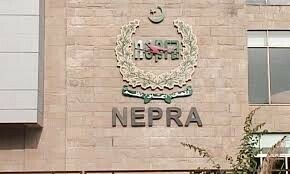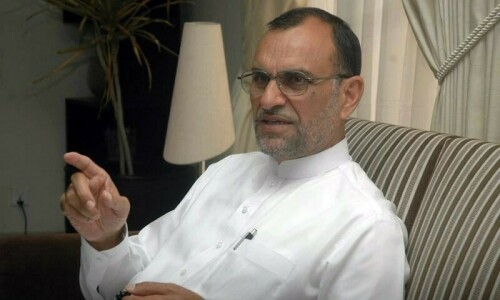MORE than two years after its formulation, the National Action Plan took its first and most credible step towards registering and regulating religious seminaries in Sindh when the Madressah Registration Bill 2016 received cabinet approval. It now moves to the Assembly where its passage is almost assured since the provincial legislature is dominated by political parties that have virtually no roots in the religious establishment. Registering the seminaries was an essential part of the National Action Plan, and the task met its stiffest resistance in Punjab, where the authorities were the last to submit a detailed count of the number of seminaries operating in the province, as well as geo-mapping the locations of all the establishments.
Working under the ambit of the Apex Committee, Sindh completed these tasks faster than anybody else. Where other provinces argued that regulating seminaries — their finances, syllabi and other activities — was largely a federal matter, Sindh is demonstrating how a provincial mandate can be brought to bear on the matter. In Punjab, the opposition to any heightened surveillance of seminaries was led by the Wafaqul Madaris al Arabia, a federal body. But in Sindh this body has a much smaller presence. Instead, the opposition is coming from political parties, the JUI-F more specifically, whose leadership is threatening the state with street protests in the event the bill is passed into law.
The political challenge should be taken seriously since the JUI-F has considerable street power, even if it cannot translate that into representation in the legislature. But just like the opposition from the Wafaq in the case of Punjab, the substance of the opposition is without foundation. Only a few seminaries can be said to be involved in extremist activities but a strong and continuous effort is required to keep a check on these few. During the geo-mapping exercise in Sindh, out of a total of 9,590 seminaries, 167 were found to be built illegally, at least 48 were identified by intelligence agencies for their links to extremists, and more than 3,000 were not registered with any government department, according to police figures given at the time. Given the fact that at least a few of them have been found to have links with extremist groups, and many have funds from overseas flowing into their coffers, it is necessary to bring their activities within view of the state. Monitoring of syllabi and teachers’ credentials can be left to the federal government, but provincial governments clearly have a role in this matter. Contrary to its image as a floundering enterprise, the Sindh government is leading the way in this effort, perhaps because the political stars are best aligned for the job in the province. Nevertheless, safe passage of the bill will establish that centre-province issues need not be the obstacle they have been presented to be in the past.
Published in Dawn, August 23rd, 2016











































